|
Berlinale praises film for plying deep waters; director tells Nonfictionfilm.com, 'This was the idea... to look behind the surface and to show more than just the fleshiness, parties, sex and so on' Update November 2, 2017: Dream Boat now playing in New York (Quad Cinema) The true test of quality for any documentary film is whether it avoids the obvious. Take the subject of Dream Boat, for instance: a film about a Mediterranean cruise packed with three thousand gay men. There must have been a strong temptation for director Tristan Ferland Milewski to focus his lens mainly on nautical naughtiness -- hedonism on the high seas. To be sure, there is plenty of eye candy in his film -- hot men in tight trunks pursuing a good time with spirited abandon -- and some glimpses of coitus non interruptus. But what surprises about Dream Boat is the emotional depths it reaches with the film's handful of central characters. "This was the idea for the film, of course, to look for the moment between the lines and to look behind the surface and to show more than just the fleshiness, parties, sex and so on, the silent moments," the German-born Ferland Milewski told Nonfictionfilm.com at the Berlin Film Festival, where the documentary just celebrated its world premiere. The guests prepare for months for this cruise... People come with a lot of hopes and dreams and expectations. The Berlinale program praises the filmmaker for charting the unexpected course: "In his feature film debut director Ferland Milewski succeeds in providing a look behind the scenes of an ostensibly superficial world." Among the director's protagonists is Marek, a young Polish guy with a hot bod who searches for something more than hookup sex; Philippe, a Frenchman who radiates joy despite coping with significant physical limitations; Indian-born Dipankar, who tries to find acceptance within an image-obsessed environment, and Ramzi, a Palestinian native for whom the freedom of being openly gay is not something to be taken for granted. Ferland Milewski explained what guided him in choosing his main characters. "It was a criteria that every protagonist it's a person for whom the trip, the journey, has an emotional meaning, that everybody has a certain emotional connection to why he goes on this trip," he said. Ramzi told NFF he became aware of the documentary project when the director posted a notice about it on a private Facebook page for people who were preparing to go on the cruise. "I was curious and was really hoping -- 'I hope I will be part of that movie!'" he said. Ramzi joined the voyage with his boyfriend Lionel; the two live in Belgium, where Ramzi relocated nearly a decade ago. "When I was discussing with my boyfriend he told me, 'Why do you want to participate in such a movie?' I told him, 'I would like maybe my story -- with nine years in Belgium -- all these things at least can send a message of hope to other people who are living in some countries where you have homophobia,'" Ramzi said. "Plus the director told me, 'I don't want to [portray] as we see in many documentaries this sad image -- always the gays are depressed, suicidal when they know they are gays.' He wanted also to send at least hope and happiness and that's what we saw in the movie." Dipankar said he does not regret his decision to take part in the film. "Tristan was a person who got the real juices out and showed that people, gay men, are always seen differently but look, these are the real stories that have to come to the masses." Part of the emotional heft of the film comes from the arc to Dipankar's story. He begins the cruise on a high, then encounters a feeling of depression as he tries to fit in. "At the first sight, wow, with beautifully sculpted men around, your jaw drops. It's outstanding, I must say. Then as two days, three days passed it gets on to you. It's very intense. Competition. You are under peer pressure to look good. And under peer pressure to perform. Three nights you go without sleep and the fourth night you [still] need to look good. Because you're on the dance floor and you need attention and that's where the real part comes in," he said. "All the emotions that you see in the movie are just free flowing. It was not forced at all. All thanks to Tristan for that." "The guests prepare for months for this cruise... Then they're there for seven days and everything has to happen there and people come with a lot of hopes and dreams and expectations," Ferland Milewski observed. "And then of course you have this biorhythm -- the excitement in the beginning, the expectations, then the downs in the middle and then the up in the end or the positive outlook that I wanted to give in the end." Ferland Milewski worked with the gay cruise organizer -- a completely separate company from the ship itself -- to arrange access to the voyage. He said men aboard the cruise were given the option to request their image not appear in Dream Boat. "Many people come from restrictive countries [and] are not out or whatever... So everybody could approach me in advance to say, 'This is my picture, this is my face. I don't want to be in the film.' Also during the trip we were always visible and approachable and afterwards to make sure that this is safe for the passengers. And of course this was also a concern of the organizers. So it was a big, nice and trustful work." Ferland Milewski said one entity that requested anonymity, ironically, was the cruise line. "This cruise ship company doesn't want to be associated of course [with the film]. They take the money of the gay guests, yeah, but they wanted to have their logo [removed]." For passengers, the cost of booking the week-long journey is only the beginning. The film suggests how much money, time and effort many voyagers put into preparing for the trip and the many elaborate functions on board -- parties and celebrations including the 'Ladies Tea Dance' where the men turn out in drag. "I had four luggages -- two for me and two for my boyfriend. And big luggages! When we were going down to the car [en route to Barcelona, the initial port of call], many people were going, 'This are only for one week, for both of you?' Yes, it's for both of us!" Ramzi revealed. "Of course to look fabulous on the dance floor you should take care of your all outfits. For seven days you have minimum like nine outfits because you have nine parties... Especially for Ladies Tea Dance you should take many [items] with you [on board] -- the clothes, the high heels, everything, the extras, the accessories." Ramzi felt compelled to point out, in his charming English, "All this masculinity vanish on the Ladies Tea Dance. Everybody at that moment discover all this ladies inside all this musclemen."
Ferland Milewski said the documentary has secured worldwide distribution, ensuring that audiences everywhere will get a chance to see it. Dream Boat held its American premiere Wednesday, July 12 in West Hollywood, California. |
AuthorMatthew Carey is a documentary filmmaker and journalist. His work has appeared on Deadline.com, CNN, CNN.com, TheWrap.com, NBCNews.com and in Documentary magazine. |
- Home
- News
- Videos
-
Galleries
- 2019 Tribeca Film Festival
- Full Frame Documentary Film Festival
- 2019 SXSW Film Festival
- SXSW 2018 Gallery
- 2019 Sundance Film Festival
- Outfest 2018 Photo Gallery
- Outfest 2017
- Sundance 2018 Photos
- 2017 LA Film Festival
- 2017 Cannes Film Festival
- Tribeca Film Festival 2017
- SXSW 2017 Gallery
- 2017 Berlin Film Festival
- Sundance 2017 Gallery
- 2016 Los Angeles Film Festival
- Cannes Film Festival 2016
- SXSW 2016 Gallery
- Berlinale 2016 Gallery
- Sundance 2016 Gallery
- Filmmaker Gallery
- About
- Contact
Proudly powered by Weebly
- Home
- News
- Videos
-
Galleries
- 2019 Tribeca Film Festival
- Full Frame Documentary Film Festival
- 2019 SXSW Film Festival
- SXSW 2018 Gallery
- 2019 Sundance Film Festival
- Outfest 2018 Photo Gallery
- Outfest 2017
- Sundance 2018 Photos
- 2017 LA Film Festival
- 2017 Cannes Film Festival
- Tribeca Film Festival 2017
- SXSW 2017 Gallery
- 2017 Berlin Film Festival
- Sundance 2017 Gallery
- 2016 Los Angeles Film Festival
- Cannes Film Festival 2016
- SXSW 2016 Gallery
- Berlinale 2016 Gallery
- Sundance 2016 Gallery
- Filmmaker Gallery
- About
- Contact

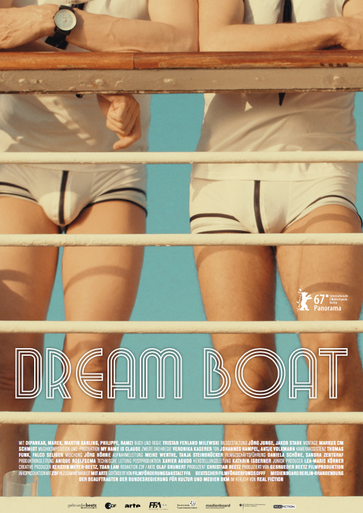
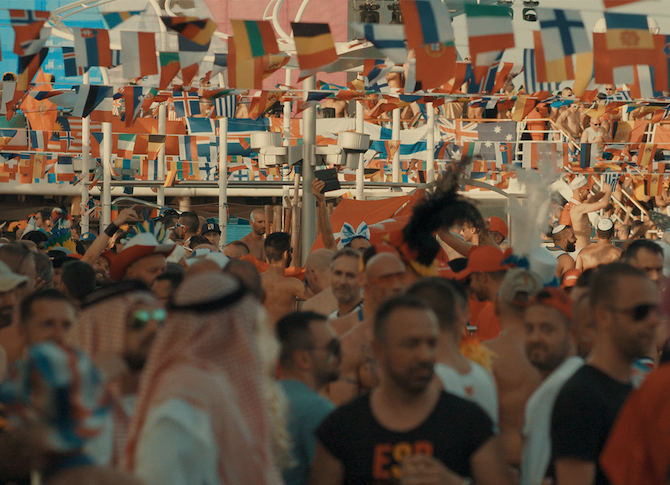
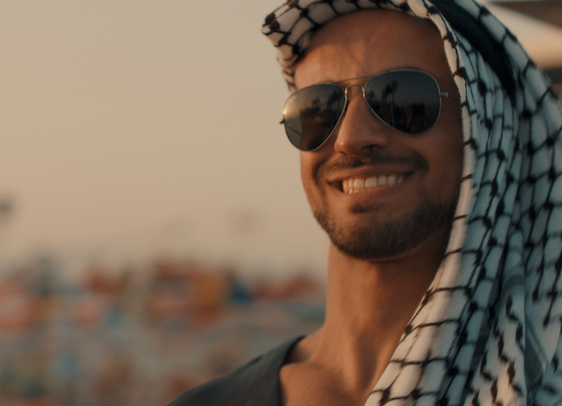
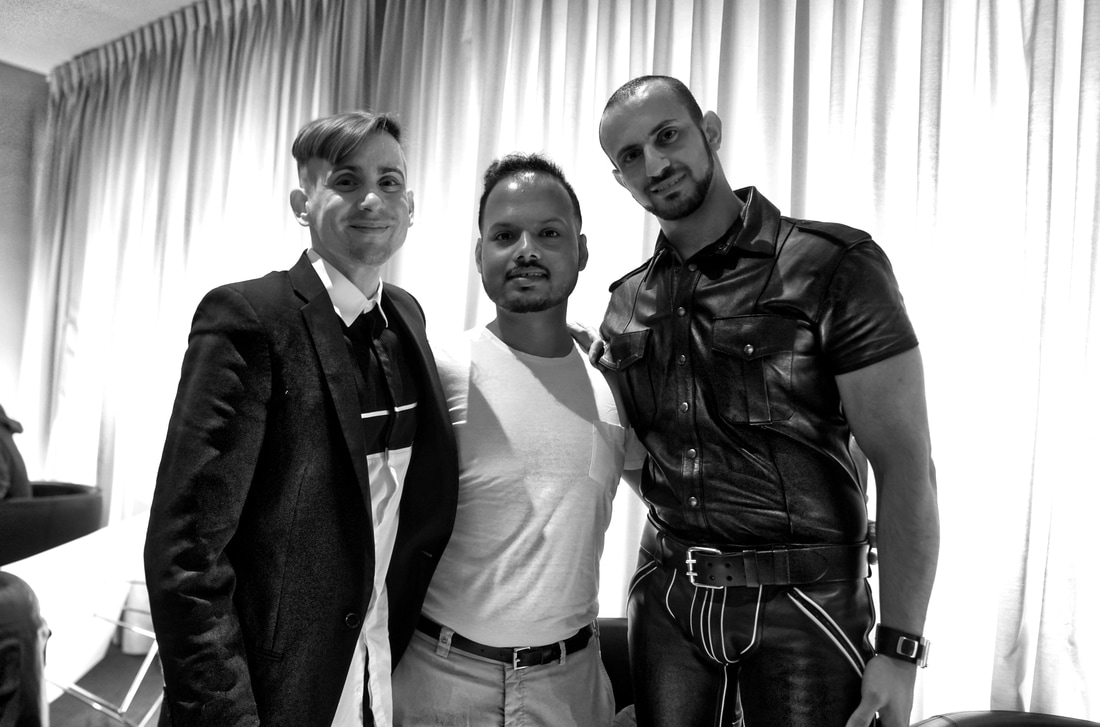
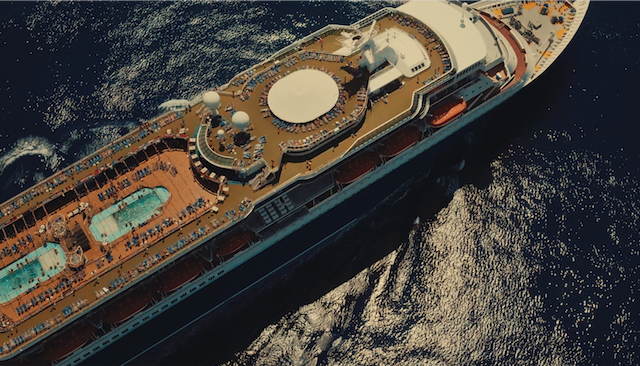
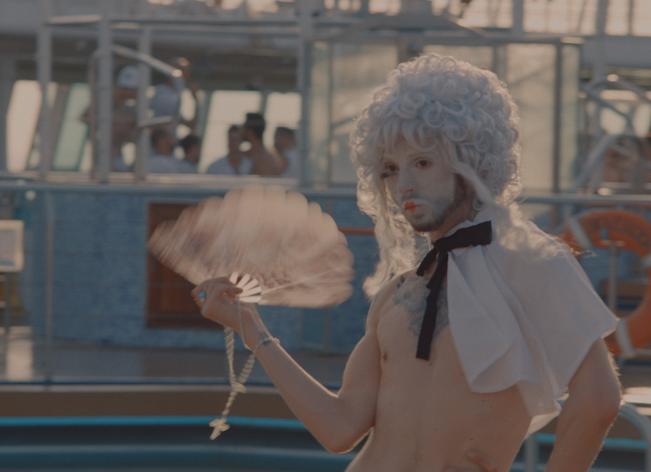
 RSS Feed
RSS Feed